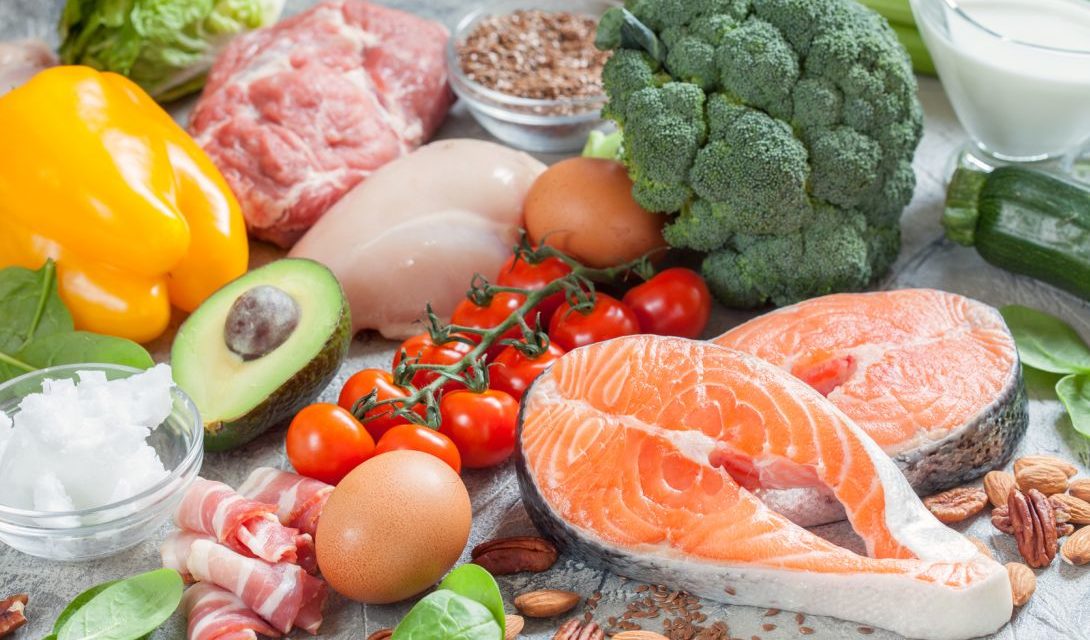According to an article appearing in the Journal of the American College of Nutrition, (2000 Feb;19(1):61-67), a diet that consists mainly of whole and unrefined foods, like whole grains, dark green and yellow/orange-fleshed vegetables and fruits, legumes, nuts and seeds, contains high concentrations of natural antioxidants and phytochemicals. The whole-food diet was compared to a highly refined diet. Twelve women with high cholesterol ate a diet high in refined foods for four weeks. After consuming the refined diet, the women spent four weeks eating a healthy diet high in whole grains, dark vegetables, fruits, legumes, nuts and seeds.
Total calories and fat were similar in both diets. The healthy diet consisted of 61% less saturated fat. Dietary fiber, vitamin E, vitamin C and carotene intakes were 160%, 145%, 160% and 500% more, respectively, than during the refined-food diet period.
The healthy diet caused a drop of 13% in total cholesterol and 16% in low density lipoprotein-cholesterol. Erythrocyte superoxide dismutase decreased 69% and glutathione peroxidase dropped. Colon function was improved on the phytochemical-rich diet.
The authors concluded that a diet abundant in phytochemically-rich foods beneficially affected lipoproteins, decreased need for oxidative defense mechanisms and improved colon function.






